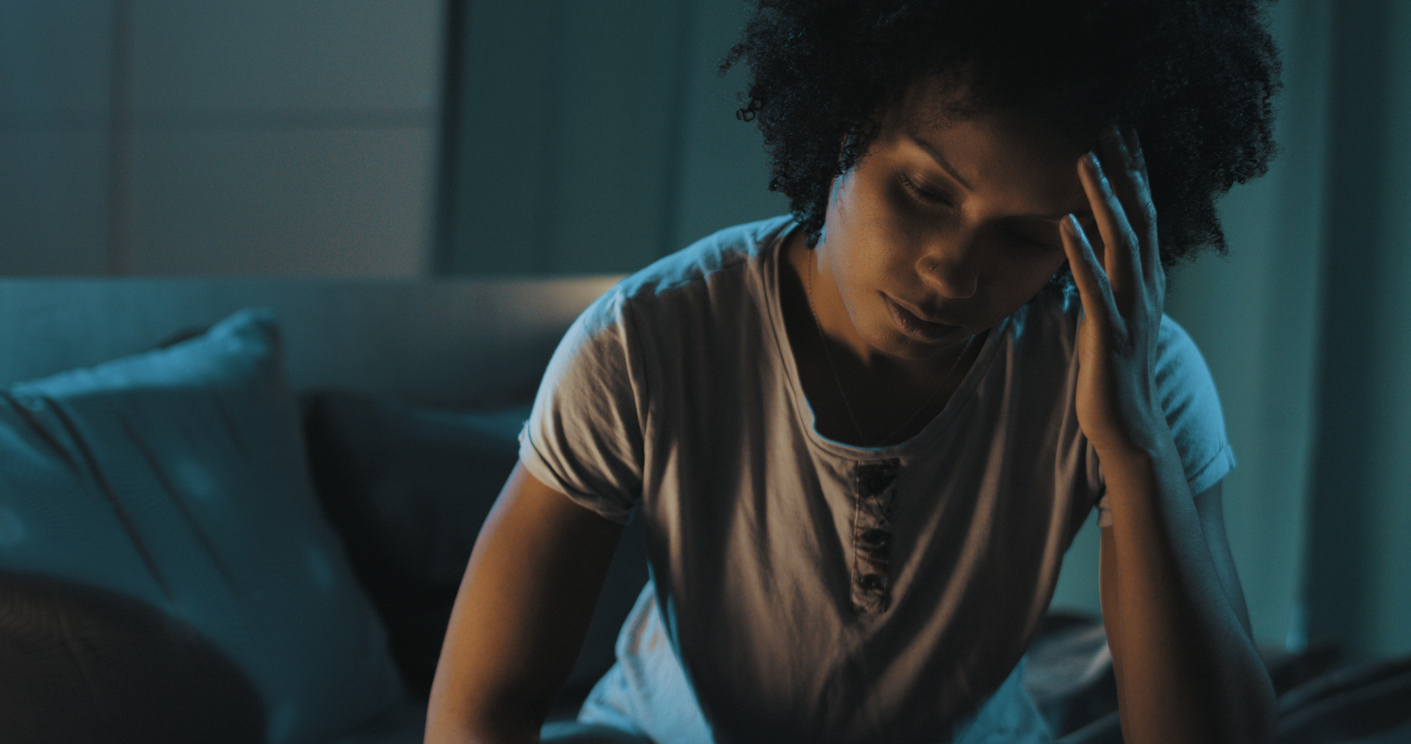People living with endometriosis often struggle to get a good night’s rest. While it may seem like a mystery, there is a strong connection between endometriosis and insomnia. In this blog post, we’ll look at how endometriosis can lead to insomnia and what you can do to get better sleep if you have endometriosis.
Table of contents
What Is Endometriosis?
Endometriosis is a chronic medical condition that mostly affects women of reproductive age. It occurs when tissue similar to the lining of the uterus grows outside of the uterus, usually in the abdominal cavity or on other organs in the pelvic area. This tissue can cause pain, inflammation during menstruation, and other symptoms such as fatigue, nausea, and bloating.
How Can Endometriosis Lead To Insomnia?
There are several ways that endometriosis can contribute to insomnia. The most common way is through chronic pain. Painful cramps, bloating, and nausea can make it difficult for an individual with endometriosis to fall asleep or stay asleep throughout the night. Additionally, many women experience increased pain during their period—when they usually try to get some rest—making it even more challenging to sleep well while living with endometriosis.
Another factor contributing to insomnia in women with endometriosis is anxiety and stress associated with managing this chronic condition. It’s not uncommon for people with endometriosis to feel overwhelmed or anxious about managing their symptoms on top of everything else going on in their lives. Unfortunately, this anxiety can lead to difficulty falling asleep or staying asleep at night.
What To Do With Endometriosis And Insomnia
Endometriosis has been linked directly to insomnia in many studies. However, there are steps you can take if you’re experiencing difficulty sleeping due to this condition. First and foremost, talk with your doctor about your options for treating your endo-related pains. Additionally, reducing stress levels by finding healthy coping mechanisms such as yoga or meditation may also help improve your overall sleep quality since stress has been known to contribute to insomnia in those living with endo-related complications. Finally, getting enough exercise during the day (but not too close before bedtime), eating healthier foods, avoiding caffeine late in the day, and creating an ideal sleeping environment may all help promote a better quality of restful sleep at night. These steps improve your chances of getting a good night’s rest despite having endo-related complications.
Endometriosis can result in insomnia because of pain, anxiety, and other endo-related issues. However, you can help yourself to have a better sleep by talking with your doctor to plan a treatment that reduces your pain and other issues. Meanwhile, some lifestyle hacks such as relaxation techniques, regular exercise, healthy eating, less caffeine, and a good sleep environment can also be helpful.




